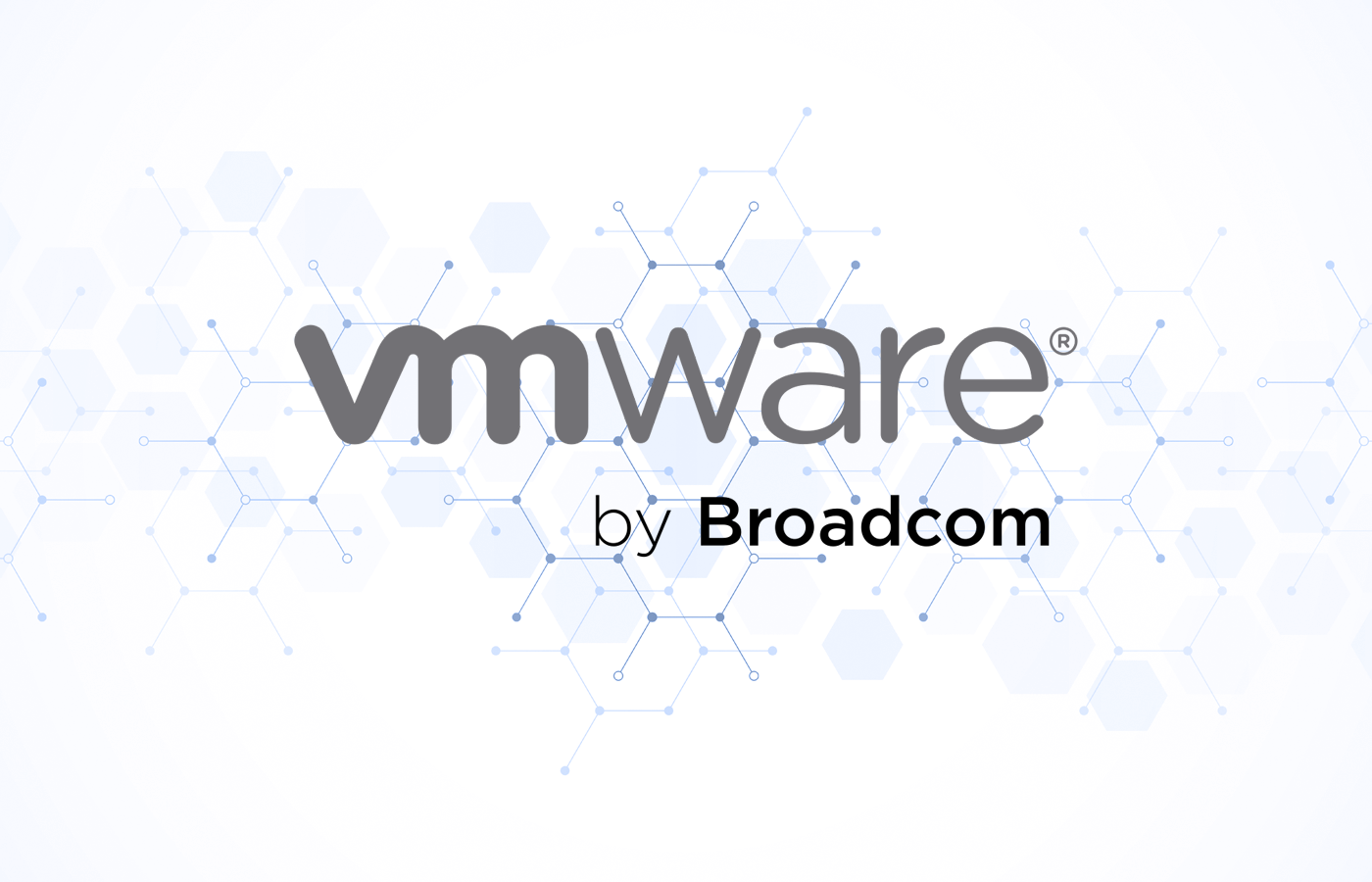Broadcom's VMware Acquisition: AT&T Highlights Extreme Cost Increase

Table of Contents
The Scale of AT&T's Cost Increase Following the VMware Acquisition
AT&T, a major user of VMware products, has reported a significant surge in its costs since Broadcom's acquisition. While precise figures haven't been publicly released by AT&T, industry analysts suggest the increase is substantial, potentially reaching tens or even hundreds of millions of dollars. This increase is primarily attributed to VMware licensing fees and support contracts, crucial components of AT&T's IT infrastructure.
The magnitude of this cost increase becomes more alarming when considered against AT&T's overall IT budget and its spending in previous years. This unexpected expense puts a strain on AT&T's financial planning and could significantly impact its profitability.
- Increased operating expenses: The higher VMware costs directly translate to increased operating expenses, impacting AT&T's bottom line.
- Potential impact on profitability: The substantial cost increase could significantly reduce AT&T's profit margins, forcing difficult financial decisions.
- Effect on investment in other areas: The added expense may necessitate cuts in investment in other crucial areas of the business, hindering innovation and growth.
Broadcom's Post-Acquisition Pricing Strategies and Their Impact
Broadcom's post-acquisition pricing strategies are a key factor in understanding AT&T's cost increase. Several potential motivations explain these price hikes:
- Increased Market Dominance: The acquisition significantly increased Broadcom's market share in the enterprise software sector, giving them greater pricing power.
- Recoup Acquisition Costs: The substantial investment in acquiring VMware necessitates recouping costs through price increases.
While Broadcom hasn't publicly detailed its pricing strategies, initial observations suggest these increases aren't limited to AT&T. They appear to be affecting businesses across various sectors, impacting both large and smaller organizations.
- Price hikes for existing VMware products: Existing customers are facing steeper costs for the same VMware products they previously utilized.
- Bundling of VMware products and services: Broadcom may be bundling VMware products and services, potentially leading to higher overall costs for customers.
- Changes in licensing models: The licensing models for VMware products may have changed, resulting in higher costs for customers.
Implications for Other Businesses Relying on VMware Products
AT&T's experience serves as a stark warning to other businesses heavily reliant on VMware solutions. The potential for similar cost increases across the industry is significant. Businesses that have heavily invested in VMware's infrastructure and lack strong negotiating power face increased vulnerability.
- Budgetary constraints: The unexpected cost increases can strain budgets, forcing companies to make difficult choices regarding other investments.
- Need for alternative solutions: Companies may be forced to explore alternative virtualization and cloud computing solutions, a time-consuming and costly undertaking.
- Negotiating power with Broadcom: Businesses with less negotiating power may find themselves at the mercy of Broadcom's pricing decisions.
Potential Regulatory Scrutiny and Antitrust Concerns
The substantial price increases following Broadcom's VMware acquisition have raised concerns about potential regulatory intervention. Antitrust authorities in various jurisdictions are likely to scrutinize Broadcom's pricing practices to ensure they don't stifle competition and harm consumers. Investigations into potential anti-competitive behavior are possible, with potential ramifications including:
- Antitrust investigations: Regulatory bodies might launch investigations into Broadcom's pricing practices.
- Potential fines or penalties: If found guilty of anti-competitive behavior, Broadcom could face substantial fines or penalties.
- Impact on future mergers and acquisitions: The outcome of this situation will significantly impact future mergers and acquisitions in the tech industry.
Conclusion: Navigating the Post-Acquisition Landscape of Broadcom and VMware
Broadcom's acquisition of VMware and the subsequent cost increases experienced by AT&T, as well as the potential implications for other businesses, highlight the significant impact of major mergers and acquisitions in the tech industry. Broadcom's pricing strategies, driven by increased market power and the need to recoup acquisition costs, are forcing businesses to reassess their reliance on VMware solutions and explore alternative strategies.
To mitigate potential cost increases, businesses relying on VMware products should carefully negotiate contracts, explore alternative solutions, and closely monitor regulatory developments. Stay informed on the evolving landscape of Broadcom's VMware acquisition and its impact on your bottom line. Learn how to mitigate potential cost increases and explore alternative solutions.

Featured Posts
-
 Uerduen Gazze Den Tahliye Edilen Kanserli Cocuklara Kapilarini Aciyor
May 29, 2025
Uerduen Gazze Den Tahliye Edilen Kanserli Cocuklara Kapilarini Aciyor
May 29, 2025 -
 Szazezres Aukcios Sikerek A Vatera Legertekesebb Termekei
May 29, 2025
Szazezres Aukcios Sikerek A Vatera Legertekesebb Termekei
May 29, 2025 -
 Tfasyl Antqal Jwnathan Tah Ila Bayrn Mywnykh
May 29, 2025
Tfasyl Antqal Jwnathan Tah Ila Bayrn Mywnykh
May 29, 2025 -
 A Te 100 Forintos Ermed Is Felmilliot Erhet
May 29, 2025
A Te 100 Forintos Ermed Is Felmilliot Erhet
May 29, 2025 -
 Celebrity Big Brother Aj Odudu Breaks Silence On Mickey Rourkes Remark
May 29, 2025
Celebrity Big Brother Aj Odudu Breaks Silence On Mickey Rourkes Remark
May 29, 2025
